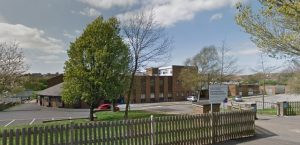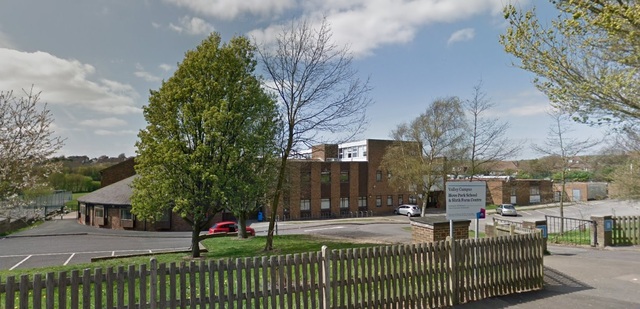The number of children with autism in Brighton and Hove has risen markedly over the past three years.
And two secondary schools have pitched for funding to help them cater for the increase.
Hove Park and Dorothy Stringer hope to make use of a £2 million donation from a charitable trust as well as £500,000 funding from the government.
At the same time Brighton and Hove City Council said that it was working with local support groups to make changes aimed at improving provision for children with autism.
Some of the changes are in response to a 2014 report by a “scrutiny panel” of councillors.
An update report – to the council’s Children, Young People and Skills Committee – said that in January there were 417 children with autism as the main condition requiring support in Brighton and Hove.
These were children who had a statement of special educational needs or an education, health and care plan – and the number had gone up from 289 in January 2015.
The update report recommends that the Children, Young People and Skills Committee authorises council officials to work with the National Autistic Society and the Cullum Family Trust.
Two specialist “Cullum Centres”, to support secondary school pupils with autism, are proposed for Hove Park and Dorothy Stringer.
The Cullum Family Trust is looking at making a £2 million donation, working in partnership with the National Autistic Society to build specialist facilities in mainstream schools.
And, the report said, last year the council bid successfully for £500,000 from the Department for Education to help fund new facilities over three years.
The council said that work on the new facilities would involve parent support groups.
The Parent and Carers’ Council (PaCC) and Managing Autism Spectrum Condition Ourselves Together (mASCot) will be involved in developing the new centres along with Amaze, the charity that supports families of children and young people with special educational needs.

Hove Park aims to create its Cullum Centre in place of its Phoenix Centre which is currently oversubscribed. It takes only 13 pupils. The replacement – on both the lower and upper school sites – would take 20.
According to the report, Dorothy Stringer has a strong reputation for special educational needs and disability (SEND) support and is committed to the project.
However, it is subject to a Private Finance Initiative (PFI) contract so any development would have to be negotiated.
Stringer has increased its intake this year and is expected to do so again next year, making any extra development on its site difficult before 2021.
Next year, the report said, the council plans to give autism a higher profile and priority in its SEND strategy.
Working with Amaze and PaCC, the new strategy aims at improving services for children, young people and adults on the autistic spectrum with SEND.
Starting school, moving to secondary school and looking at post-16 options were challenging for pupils with autism.
An allocation of £90,000 is being used to pay for an extra case officer in the council’s Supported Employment Team.
He or she will work closely with individuals and employers to place young people in the most appropriate settings and jobs and will continue to support them in work.
The report is due to be discussed by the council’s Children, Young People and Skills Committee next Monday (12 November) at Hove Town Hall. The meeting, which starts at 4pm, is open to the public.








